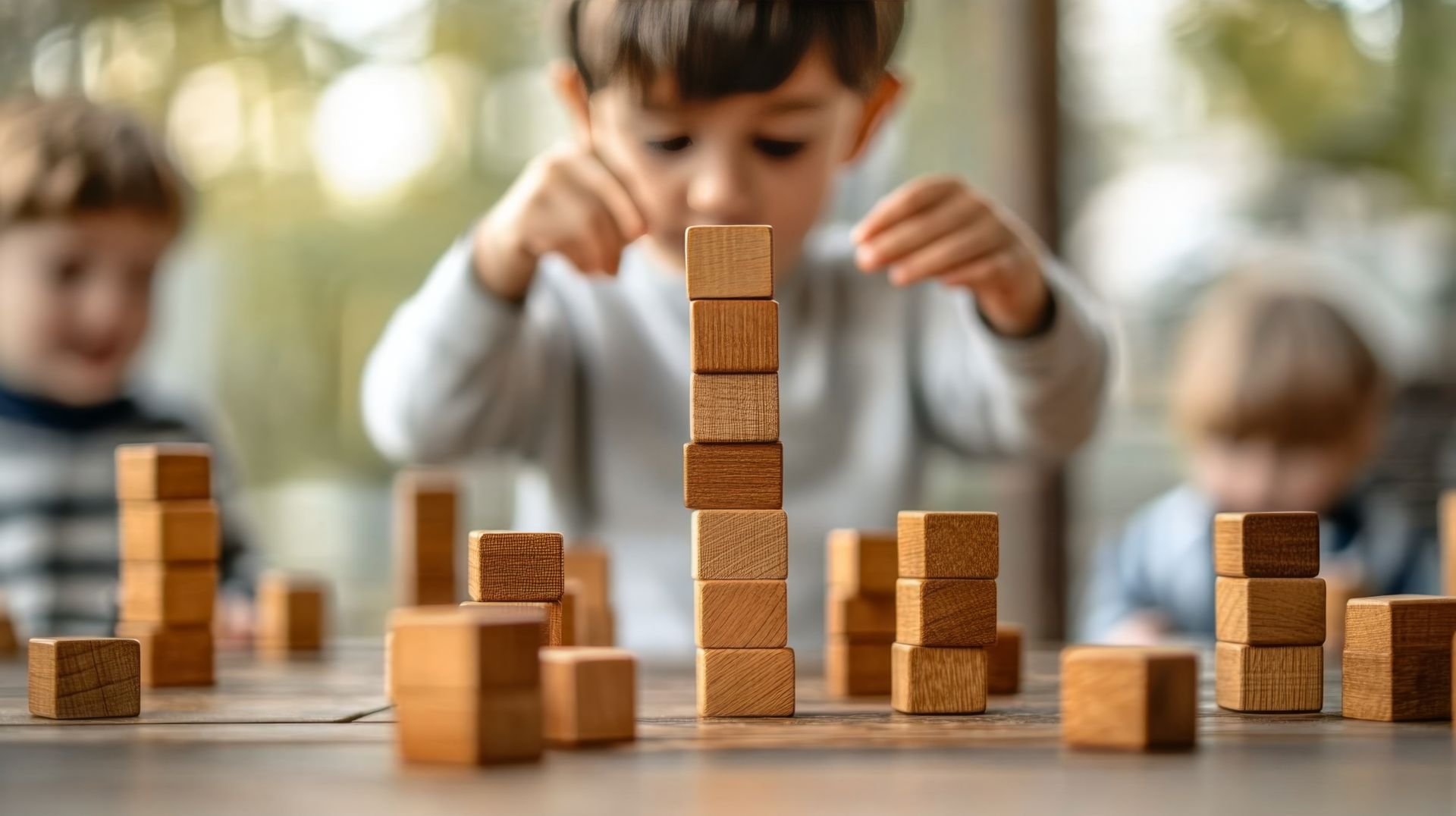The landscape of early childhood education (ECE) is constantly evolving, with new research, technologies, and methodologies shaping the way educators support tamariki. Staying informed about these trends ensures that educators provide high-quality learning experiences that foster children’s growth and development.
Here are some of the key trends and innovations transforming ECE today.
1. Play-Based and Inquiry-Driven Learning
More than ever, play is being recognised as a fundamental part of learning. Play-based and inquiry-driven learning approaches encourage curiosity, creativity, and problem-solving. Instead of traditional rote learning, children explore concepts through hands-on activities, fostering fostering an understanding of real- world applications, teamwork, critical thinking and problem solving. Play based, practical learning leads to deeper engagement and retention and ultimately increased confidence as tamariki experience success in their own achievements.
2. Integration of Technology
Technology is becoming an essential tool in early childhood education. Interactive apps, digital storytelling, coding resources and virtual learning platforms enhance tamariki engagement and awareness of evolving technological applications, while supporting diverse learning styles. Concerned about screen time? A balanced approach prioritises hands-on, experiential learning alongside digital resources.
3. Focus on Social-Emotional Learning (SEL)
The importance of social-emotional learning (SEL) continues to grow. Programmes designed to help children develop emotional intelligence, self-regulation, and interpersonal skills are being increasingly integrated into ECE curriculums. By fostering empathy, resilience and cooperation, SEL prepares children for lifelong success in both academic and social settings.
4. Culturally Responsive Teaching
Asearly childhood settings become more diverse, culturally responsive teaching is becoming a priority. Kaiako are incorporating multicultural books and resources, inclusive teaching materials and culturally relevant activities to embrace and reflect the backgrounds of all children. This approach fosters a sense of belonging and respect for diversity, enhancing children’s self-identity and deep appreciation for different cultures.
5. Outdoor and Nature-Based Learning
Increased outdoor learning experiences are gaining momentum as educators recognise the benefits of nature-based play. From forest kindergartens to outdoor classrooms, tamariki are encouraged to explore, play and learn in natural environments. This not only supports physical development but also fosters curiosity, problem-solving, and a connection with the natural world. Through the use of the outdoor "classroom," tamariki develop sustainable habits, foster creativity and independence, and enjoy stress relief from the fresh air, soothing sounds, and natural beauty of the environment.
6. Mindfulness and Well-Being Practices
With a growing awareness of mental health, mindfulness and well-being practices are being introduced in ECE settings. Simple activities such as breathing exercises, yoga and mindful storytelling help tamariki develop focus, emotional regulation and stress management skills from a young age. Acquiring these skills at an early age forms a crucial foundation for a child's education in today's rapidly evolving world.
7. Personalised and Adaptive Learning
Every child learns at their own pace, and personalised learning approaches and strategies are becoming more popular. Adaptive learning tools and differentiated instruction help cater to individual strengths and diverse needs, ensuring that every child receives the support they need to thrive.
8. Strengthening Family and Community Engagement
ECE is increasingly focusing on strong partnerships between educators, families, and communities. Parent and whānau engagement initiatives, online communication tools and community collaboration programmes help create a supportive learning environment that extends beyond the early learning setting to ensure each tamaiti is given every opportunity and any support required for their ongoing success..
9. Sustainability and Eco-Literacy
Environmental education is playing a larger role in early learning, with sustainability being incorporated into daily practices. From teaching children about recycling and conservation to growing gardens , composting, reducing waste and packaging, and re-using items in childcare centres, eco-literacy is fostering a sense of responsibility for the planet.
10. Continuous Professional Development for Educators
As the field of ECE evolves, so does the need for ongoing professional learning. An increasing range of online learning hubs, workshops and networking opportunities across the country and even the world, allow educators to stay updated on best practices, research, and innovative teaching strategies – ultimately benefiting both kaiako and children.
Stay Informed with the Learning Hub
The future of early childhood education is dynamic and exciting, with trends and innovations shaping new ways of teaching and learning. By staying informed and embracing these changes, educators can create enriching experiences that empower tamariki and set the foundation for lifelong success.
4E’s Learning Hub offers kaiako and centre leaders access to Aotearoa’s most convenient and affordable professional learning and development resources. Choose your subscription now to stay in the know and grow your career and business.

